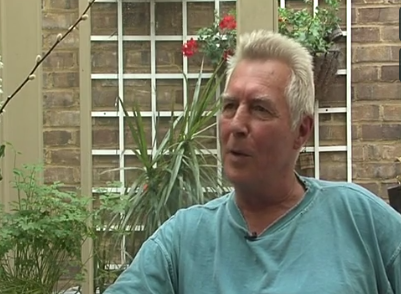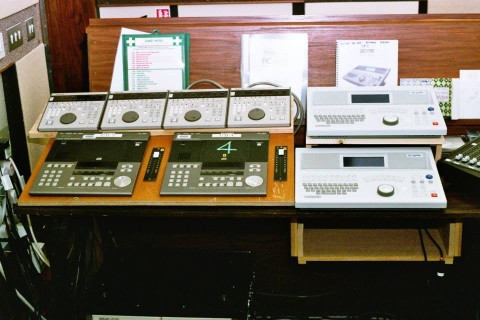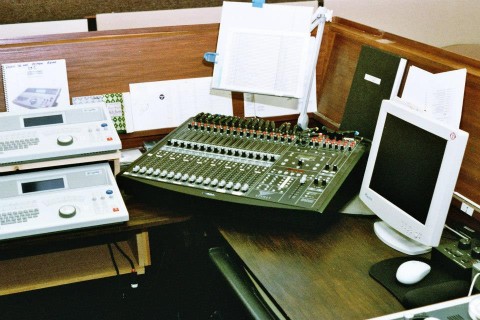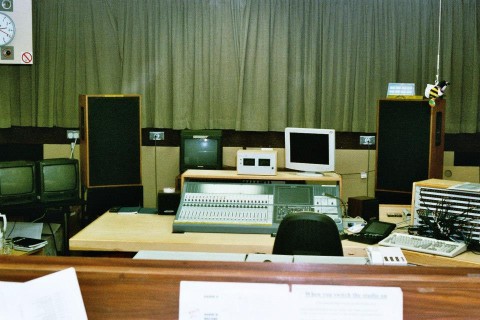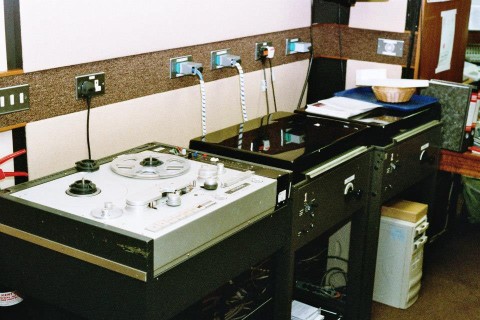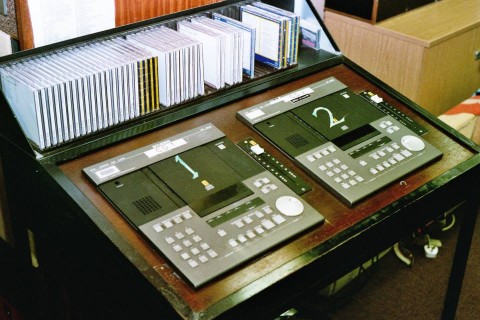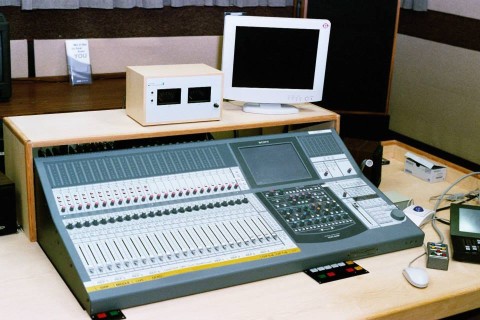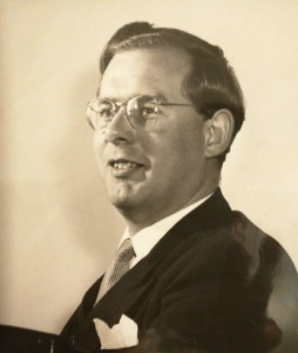
Pebble Mill building circa 1970, copyright resides with the original holder, no reproduction without permission
In January 1970 the Controller of English Regions, Patrick Beech wrote a memo to the Director General of the BBC, to discuss who should open the new Pebble Mill building.
Although Patrick says that he has, ‘no great enthusiasm for such functions,’ he feels that it would be fitting to make an ‘occasion’ of the opening, particularly to show that the ‘BBC is honouring its non-metropolitan pledges and of emphasising the importance of these production centres.’ He also felt that the staff would feel let down if nothing was done officially to mark the opening of the new broadcast centre.
In terms of who to choose to open the building, there was definitely a case of not wanting to be upstaged by other local organisations recently opened by members of the Royal Family. For instance, ATV had arranged for Princess Alexandra to open their new television centre in Birmingham in March 1970, and the Snowdons had opened the Cannon Hill complex a couple of years earlier.
The memo asks for the D.G.’s opinion on the matter, and suggests that feelers should be put out to see what availability of members of the Royal Family might have.
(Patrick Beech’s memo of 15th January 1970 is held at the BBC Written Archives)
The following comments were left on the Pebble Mill Facebook page:
Gordon Astley: ‘………so who did the opening ?’
David Shute: ‘Princess Anne ! Princess Royal.’
Katheryn Shuttleworth: ‘She did the the official opening at Mailbox too. I guess wherever we end up next she’ll be invited to do the honours!’
Lynne Cullimore: ‘Pebble mill was great and I loved working there’
Cathy Houghton: ‘Not as soulless as the Mailbox.’
Graham Bentley: ‘I loved this place. Had the best atmosphere of any of the BBC buildings I ever visited.’
John Sayle: ‘I remember Pebble Mill. Always felt a bit soulless. A tad temporary. Just saying’
Malcolm Hickman: ‘Might have felt that way as an outsider, but they made more programmes there in one month that they now make in Birmingham in one year.’
John Sayle: ‘Appreciate that. Worked on some kids shows from there. Admittedly not long before they shu it down. Sad it’s gone. Like BBC Manchester, Oxford Rd. TVC Wood Lane too.’
Richard Taylor: ‘As an ‘outsider’ from Wales (and before that BH) I enjoyed working at Pebble Mill. It was so friendly, a lovely place to work. And I was quickly accepted. When the lease was secretly sold from under us I couldn’t work at the soulless mailbox so retired early.’
